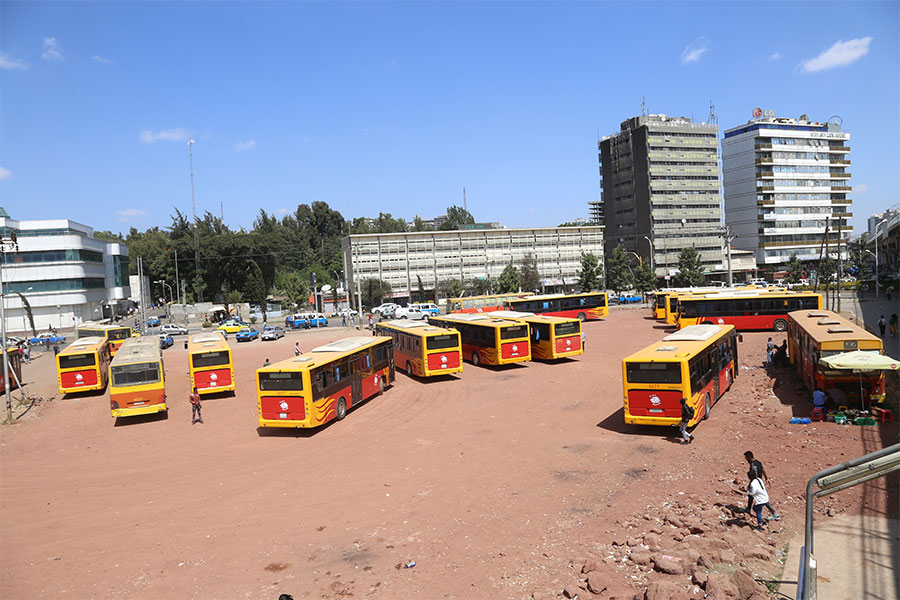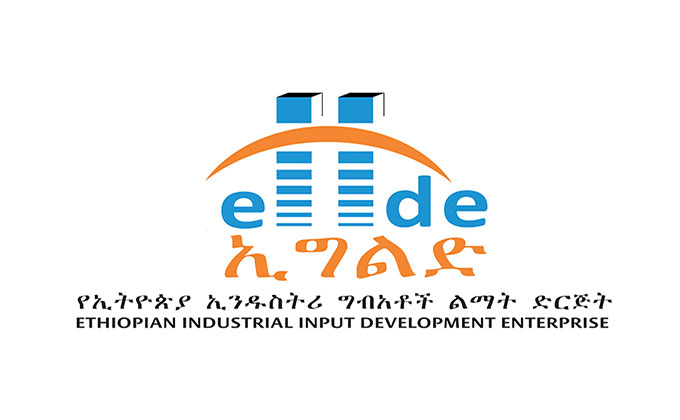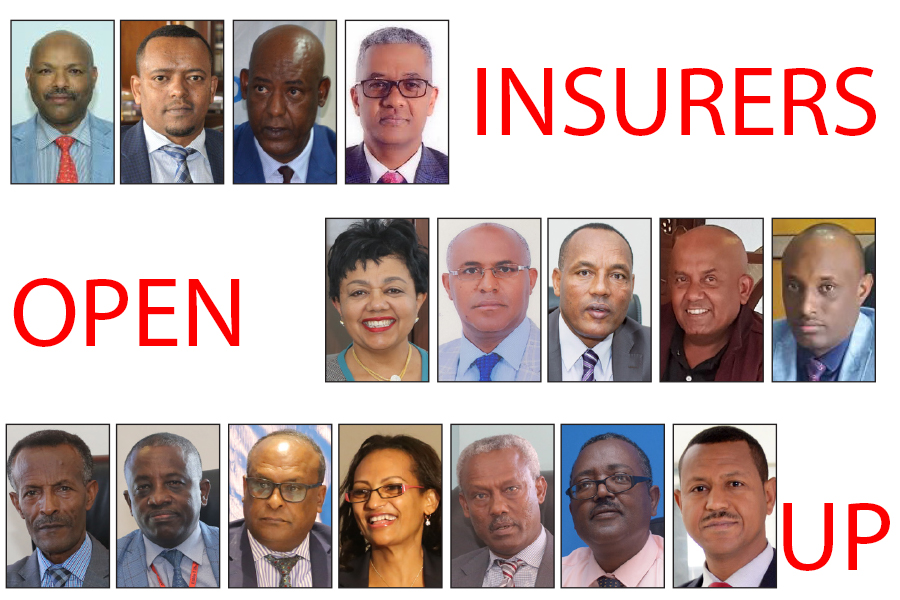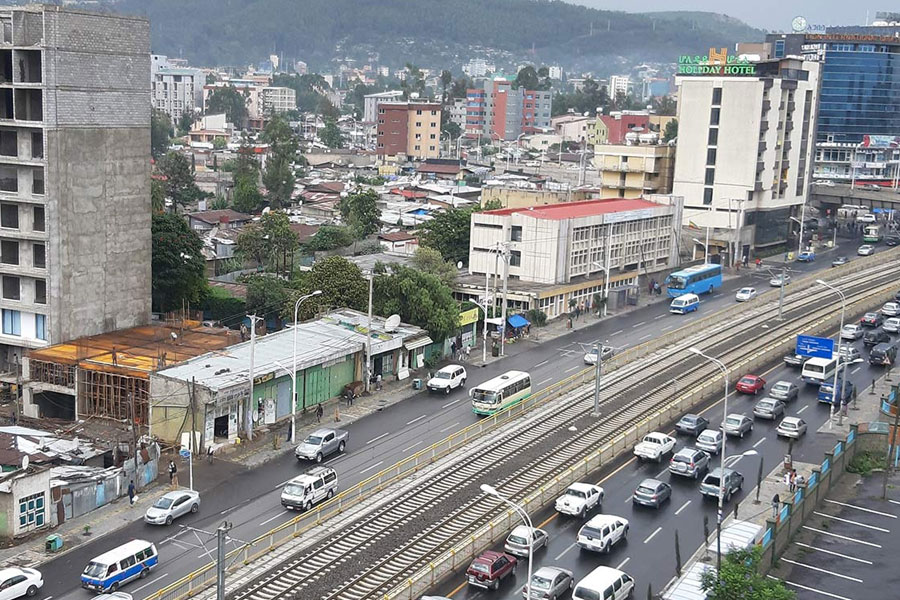
A series of industries in the transport and logistic sectors are now open to foreign direct investment, joint ventures with local businesses, and public-private partnerships (PPP).
Authorities at the Ministry of Transport are set to open no less than 44 sectors as areas of new opportunities, following a revised investment law's passing last year.
Freight forwarding and shipping, domestic air transport, cross-country public transport, and urban mass transport are among the sectors to be opened for joint investment by domestic and foreign businesses. Railway, cable car, cold-chain and heavy freight transport services will be available for public-private partnerships and foreign direct investments. The development of logistics and logistical components such as port-to-port, dry port and silos; railway and road infrastructure; pipelines; and aviation services are other sectors designated for foreign investment.
The construction sector will also be open to foreign investors who qualify as Grade I contractors. Foreign investors are required to put up a minimum capital of 200,000 dollars for an investment project. If the investment is being carried out jointly with a domestic investor, the minimum capital required is 150,000 dollars, and the foreign investor is obligated to hold not more than 49pc of shares.
The investment areas were chosen in line with the strategies outlined in the Ministry of Transport's National Transport Policy and the 10-Year Transport Sector Perspective Plan, officials say.
"We chose the areas based on their strategic importance and catalytic role to speed up the contribution of the transport sector in the overall development sphere of the country," Dagmawit Moges, minister of Transport, told Fortune.
Her Ministry plans to work with the Board of Public & Private Partnership and its Directorate-General under the Ministry of Finance in selecting and authorising investment projects.
Import duty exemptions on capital goods and construction materials, a range of vouchers, and export credit guarantee schemes are some of the incentives on offer to foreign investors. The federal government guarantees the remittance of profit, dividends, interest payments on external loans, and land provision at competitive lease prices. However, foreign companies with investments in the country are unable to repatriate profits due to severe shortages of foreign currency.
The Ministry is still persistent in attracting brands with extensive experience in global transport and logistics management to ensure technology transfer, human capital growth, and the development of quality infrastructure, according to the Minister.
The Minister is better at focusing on known brands and those willing to invest in infrastructure and equipment instead of just services, experts advise.
Matiwos Ersemu (PhD), a supply chain and logistics expert with years of experience, believes that the Ministry should encourage investors to introduce modern logistics digital technology to the country.
"They should establish knowledge transfer with local ventures," he told Fortune. "If they start with services, they snatch the market share away from domestic companies."
Matiwos wants to see the incoming foreign investors engage instead in third-party logistics, which provide value-added services by combining logistics services and manufacturing.
PUBLISHED ON
Mar 20,2021 [ VOL
21 , NO
1090]


Fortune News | Mar 20,2021

Fortune News | Dec 25,2021

Radar | Jul 01,2023

Fortune News | Sep 08,2019

Exclusive Interviews | Jan 04,2020

Radar | Dec 19,2020

Fortune News | Apr 06,2019

Fortune News | Jul 03,2021

Radar | Oct 28,2023

Dec 22 , 2024 . By TIZITA SHEWAFERAW
Charged with transforming colossal state-owned enterprises into modern and competitiv...

Aug 18 , 2024 . By AKSAH ITALO
Although predictable Yonas Zerihun's job in the ride-hailing service is not immune to...

Jul 28 , 2024 . By TIZITA SHEWAFERAW
Unhabitual, perhaps too many, Samuel Gebreyohannes, 38, used to occasionally enjoy a couple of beers at breakfast. However, he recently swit...

Jul 13 , 2024 . By AKSAH ITALO
Investors who rely on tractors, trucks, and field vehicles for commuting, transporting commodities, and f...

Sep 13 , 2025
At its launch in Nairobi two years ago, the Africa Climate Summit was billed as the f...

Sep 6 , 2025
The dawn of a new year is more than a simple turning of the calendar. It is a moment...

Aug 30 , 2025
For Germans, Otto von Bismarck is first remembered as the architect of a unified nati...

Aug 23 , 2025
Banks have a new obsession. After decades chasing deposits and, more recently, digita...